Wealth has a funny way of gravitating toward certain postcodes. It’s not just about tax breaks or skyline views, though those help. This year’s wealth rankings reveal which global cities continue to attract the ultra-rich, based on resident wealth and millionaire population. Let’s start from the rising contenders to the reigning financial giants.
Monaco
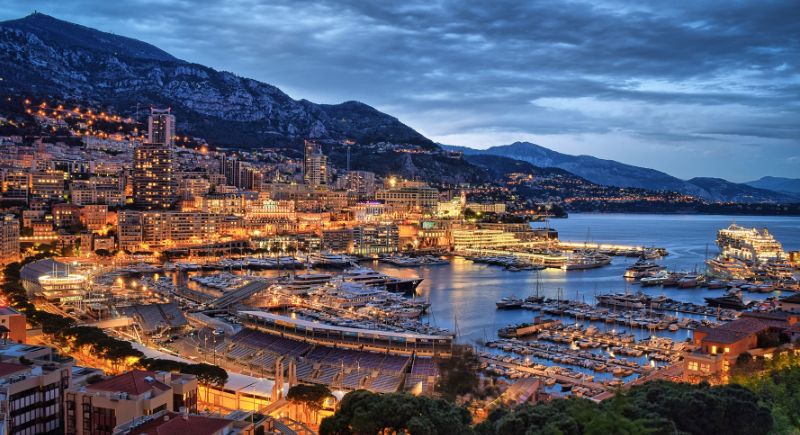
Credit: Getty Images
Only in Monaco does a 500-square-foot apartment come with a millionaire neighbor and Formula 1 traffic once a year. Forty percent of residents here qualify as millionaires, with an average wealth of over $20 million. This city is more of a gated club where the entry fee starts in eight figures.
Dubai
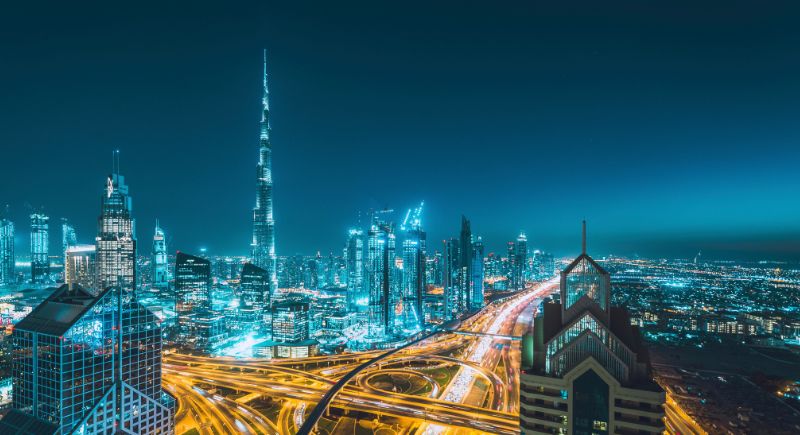
Credit: Getty Images
Dubai pushed the total number of millionaires to 72,500 by adding 6,700 this year alone. Oil helped early on, but now it’s real estate, gold trade, and tax-free zones doing the heavy lifting. Add in 20 million annual tourists and $150 billion in investment goals, and Dubai’s vision for wealth is anything but modest.
Hangzhou
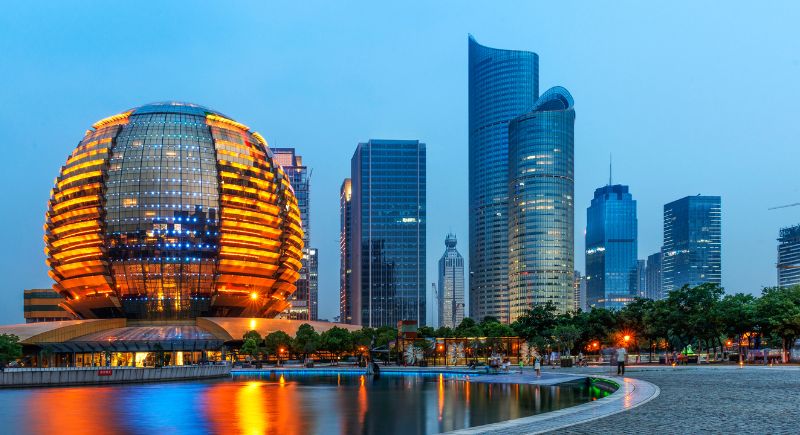
Credit: Getty Images
People outside China don’t always have Hangzhou on their radar. They should. It’s home to Alibaba and a millionaire count north of 31,000, with 12 billionaires in the mix. The energy here comes from tech, sure, but also from the speed at which private capital is forming its own ecosystem.
Shenzhen
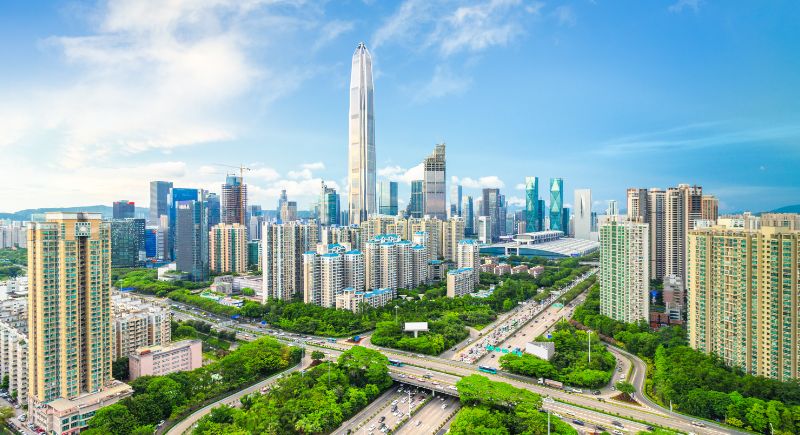
Credit: Getty Images
Shenzhen was once a fishing village, but now it is a billionaire breeding ground. It has seen a 140% leap in millionaire numbers. The city is also home to Tencent and Huawei and is China's favorite experiment in tech-fueled urban wealth.
Shanghai
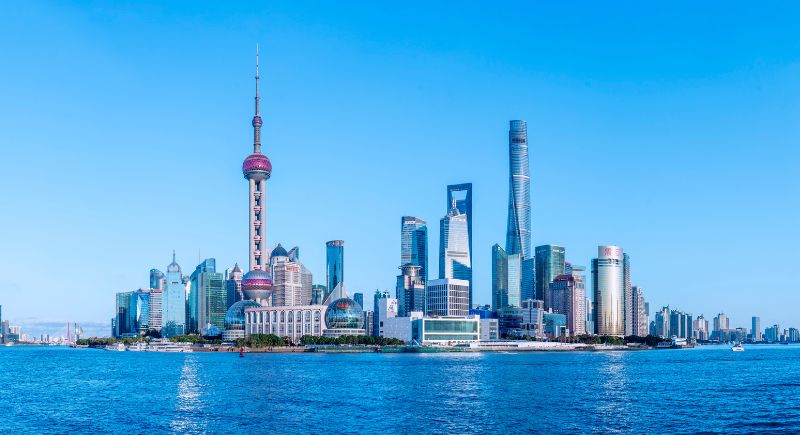
Credit: pixabay
Shanghai has built up one of the largest millionaire populations anywhere in Asia. Walk the city and you’ll see the results in everything from restored heritage buildings to fast-moving startups in Pudong. It’s a place where steady investment and a long tradition in commerce have turned wealth into part of the city’s fabric, visible but never showy.
Beijing
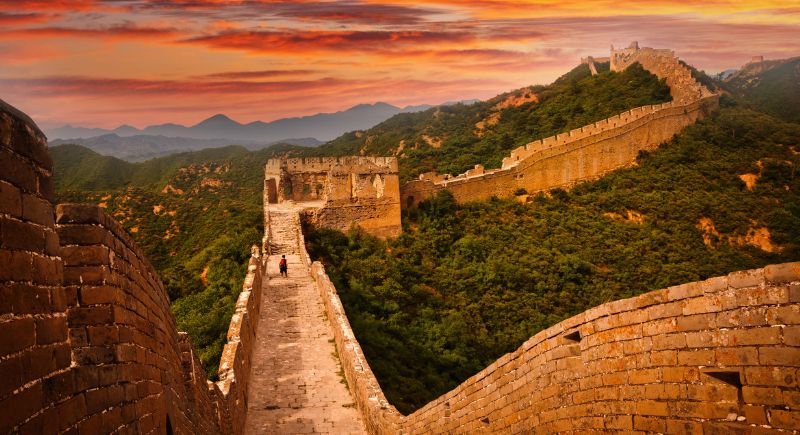
Credit: Getty Images
Beijing’s millionaire growth exploded. Now with over 125,000 millionaires and 42 billionaires, the capital is flexing its economic muscles. JD.com and a crowd of ambitious startups have helped turbocharge wealth here. The numbers say it plainly, indicating that Beijing is no longer just a political hub. It has become a financial one, too.
Hong Kong
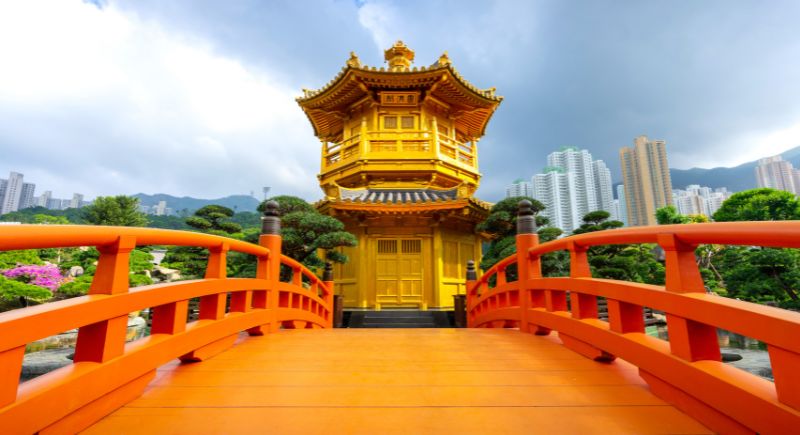
Credit: Getty Images
Despite some turbulence, Hong Kong still plays hardball in global finance. Wealth here is mobile, fast, and tied into networks that reach far beyond the skyline. The city’s infrastructure for capital movement remains solid regardless of the dip. Slowdown or not, the cash still comes through.
Sydney
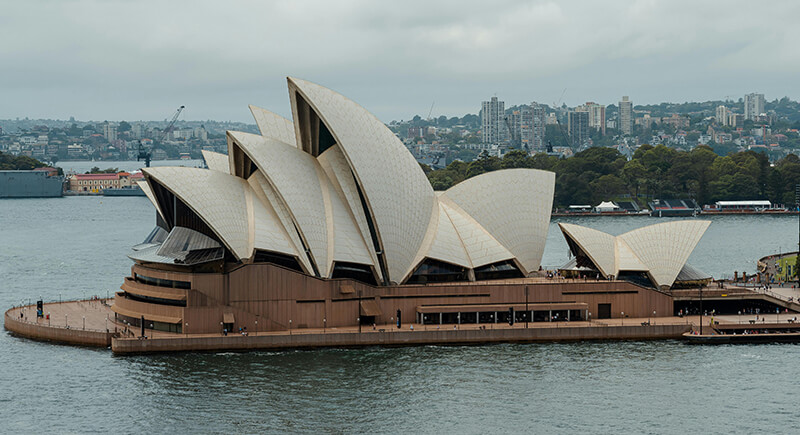
Credit: pexels
Real estate, banking, and tourism are major factors in Sydney’s economic growth. Over the last decade, its wealthy population has grown by 34% and includes 147,000 millionaires, 205 centimillionaires, and 20 billionaires. The city’s upscale residential areas—Point Piper, Bellevue Hill, Darling Point, Vaucluse, and Mosman—are known for attracting wealthy individuals from around the world.
Paris
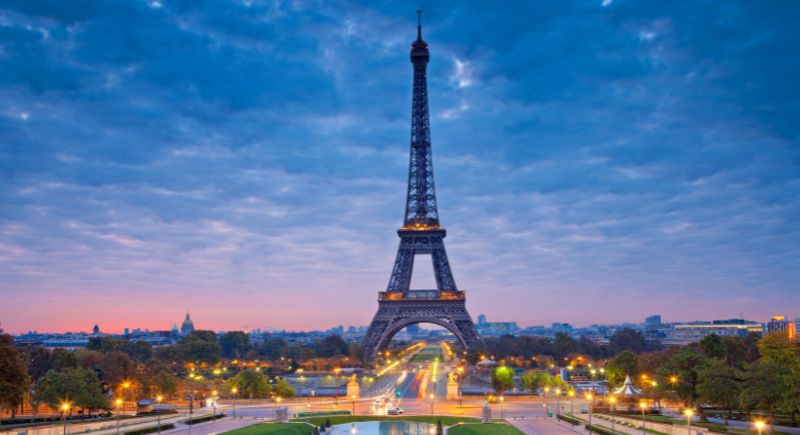
Credit: Getty Images
Luxury headlines get all the attention, but Paris’s 165,000 millionaires aren’t just floating on fashion. They’re working in finance, tech, and global trade. LVMH and Chanel are major players, yes, but so are fintech startups and asset management firms expanding just outside the 1st arrondissement.
Los Angeles
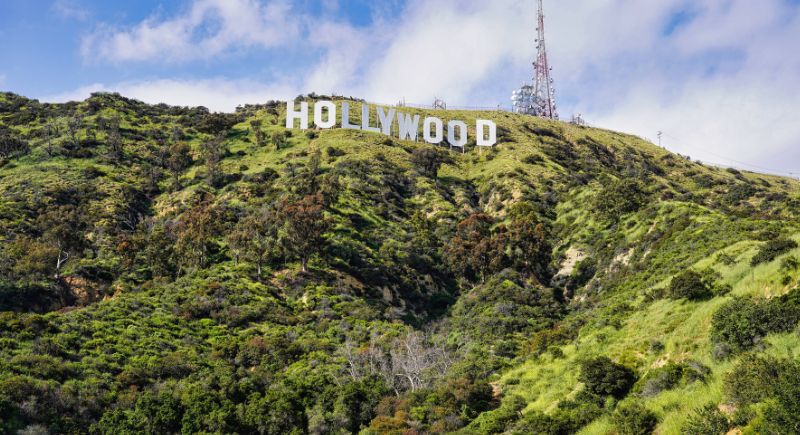
Credit: pixabay
Hollywood still has its old money, but the city’s wealth is shifting. These days, tech founders, investors, and real estate players are as common as film producers. L.A. now has more than 212,000 millionaires—many with fortunes built outside the entertainment business. It’s a place where people make money in code, contracts, or construction, and then find ways to stay ahead in a city that keeps changing.
London
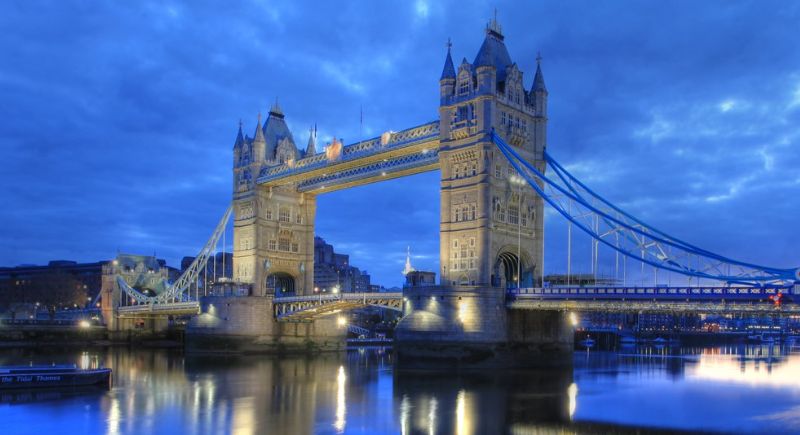
Credit: flickr
Even with a 10% drop in millionaires over the past decade, London still holds its own. It’s the kind of city where foreign investors park funds in Mayfair property while bankers zip between Canary Wharf towers. With 227,000 millionaires still on the books, the UK capital isn’t bowing out anytime soon.
Singapore
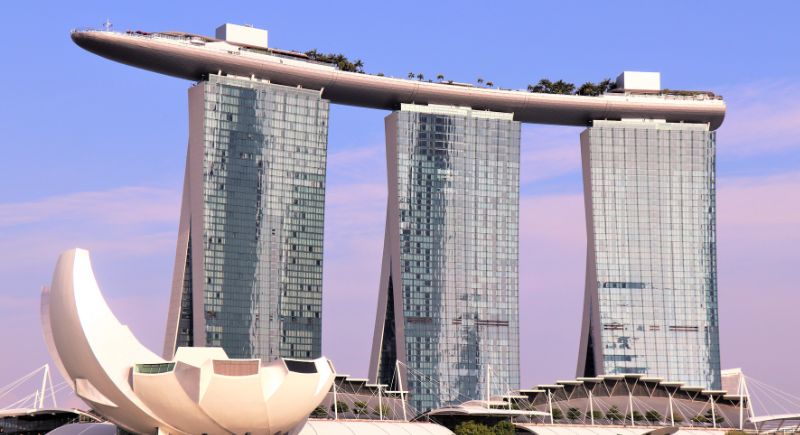
Credit: pexels
Singapore's growth is supported by pro-business policies and the financial services industry. In 2023 alone, 3,400 millionaires moved in. Now, the city has 244,800 of them. Its main appeal is its clean tax rules, serious banking, and a government that sees high-net-worth migration as a feature.
Tokyo
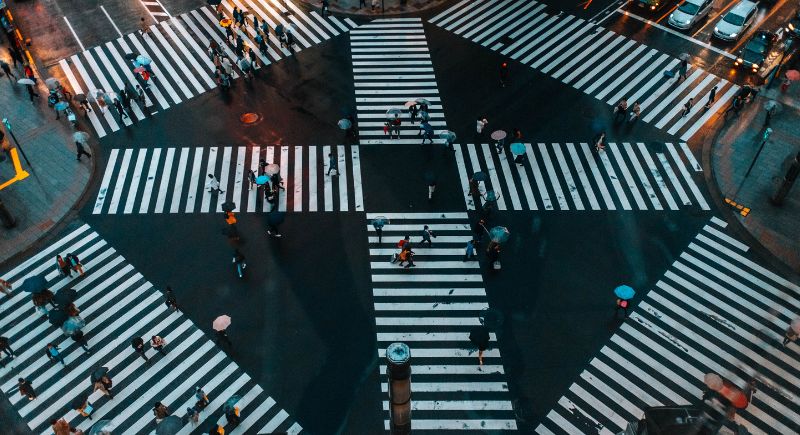
Credit: pexels
We all know Tokyo is loaded, even though it doesn’t flaunt it. The city is home to nearly 300,000 millionaires, and its economy leans on quiet powerhouses like Honda and Sony. There’s a certain restraint in how wealth shows up in the city, which is more structured, steady, and uninterested in noise.
Bay Area
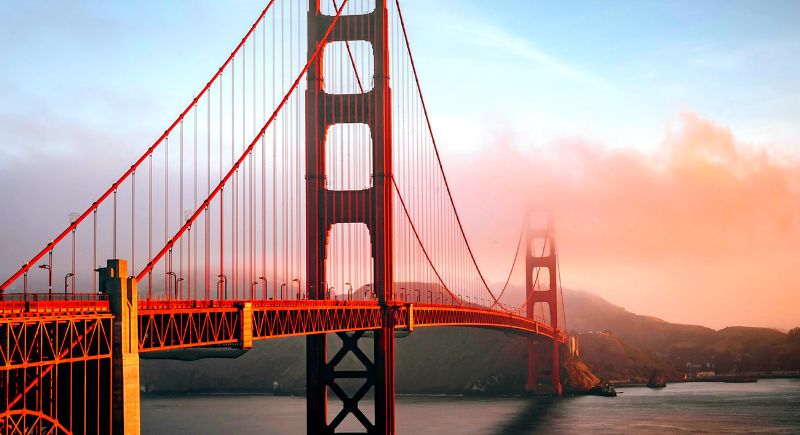
Credit: pexels
You could be standing next to a billionaire in bike shorts and not know it. The Bay Area is soaked in startup wealth, with 305,700 millionaires and 68 billionaires mostly orbiting tech. The city boasts a kind of quiet confidence that comes with backing the right platform five years ago.
New York City
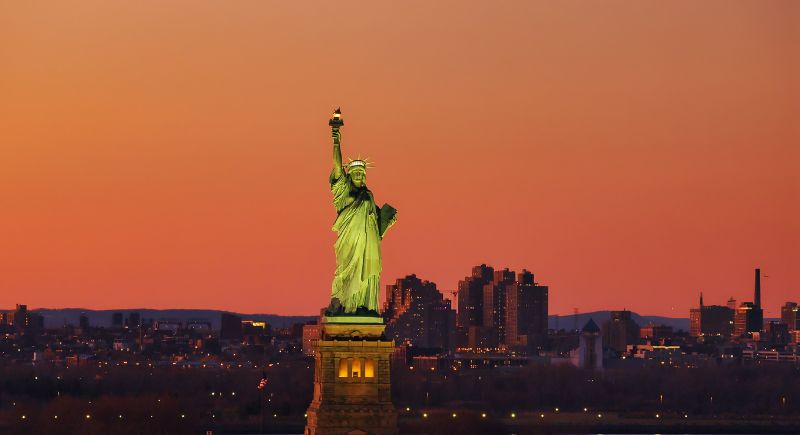
Credit: pexels
You’d need a pretty tall spreadsheet to fit New York’s numbers. With more than 349,000 millionaires and $3 trillion in resident wealth, it still wears the crown. New York continues to tower over the competition. Wall Street sets the pace, but fashion houses, tech startups, and legacy media all have a hand in keeping the city's financial engine humming.
